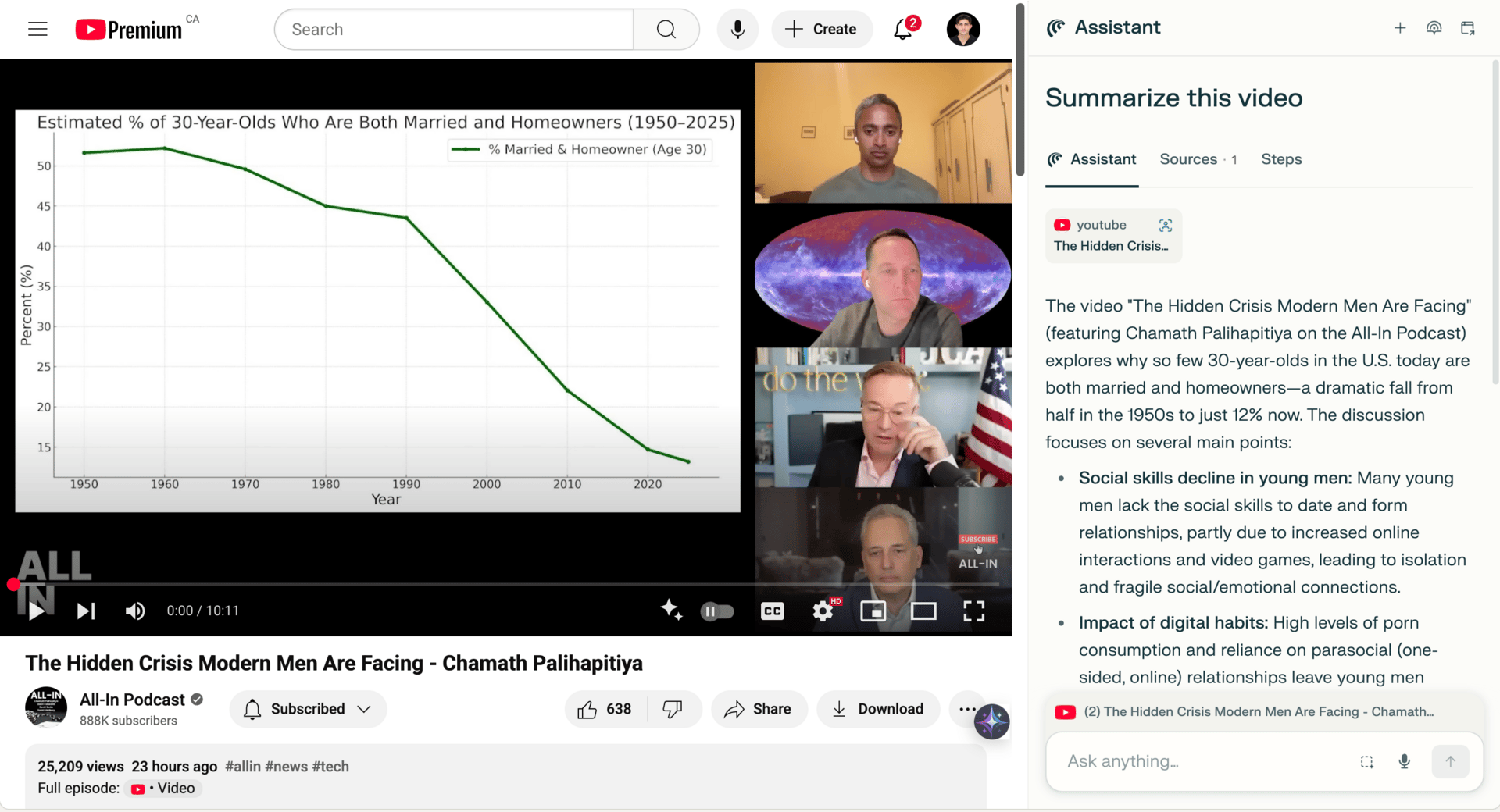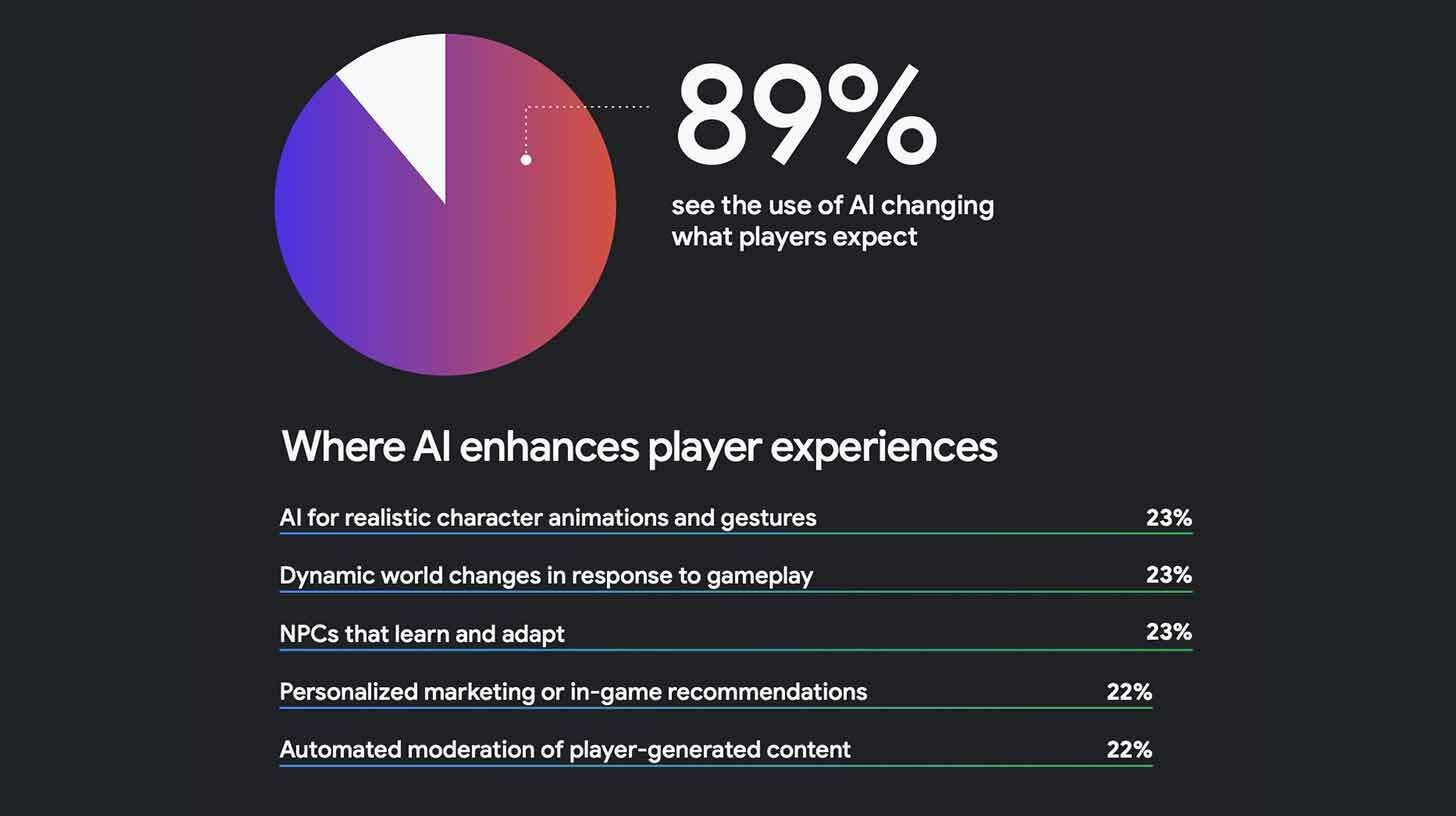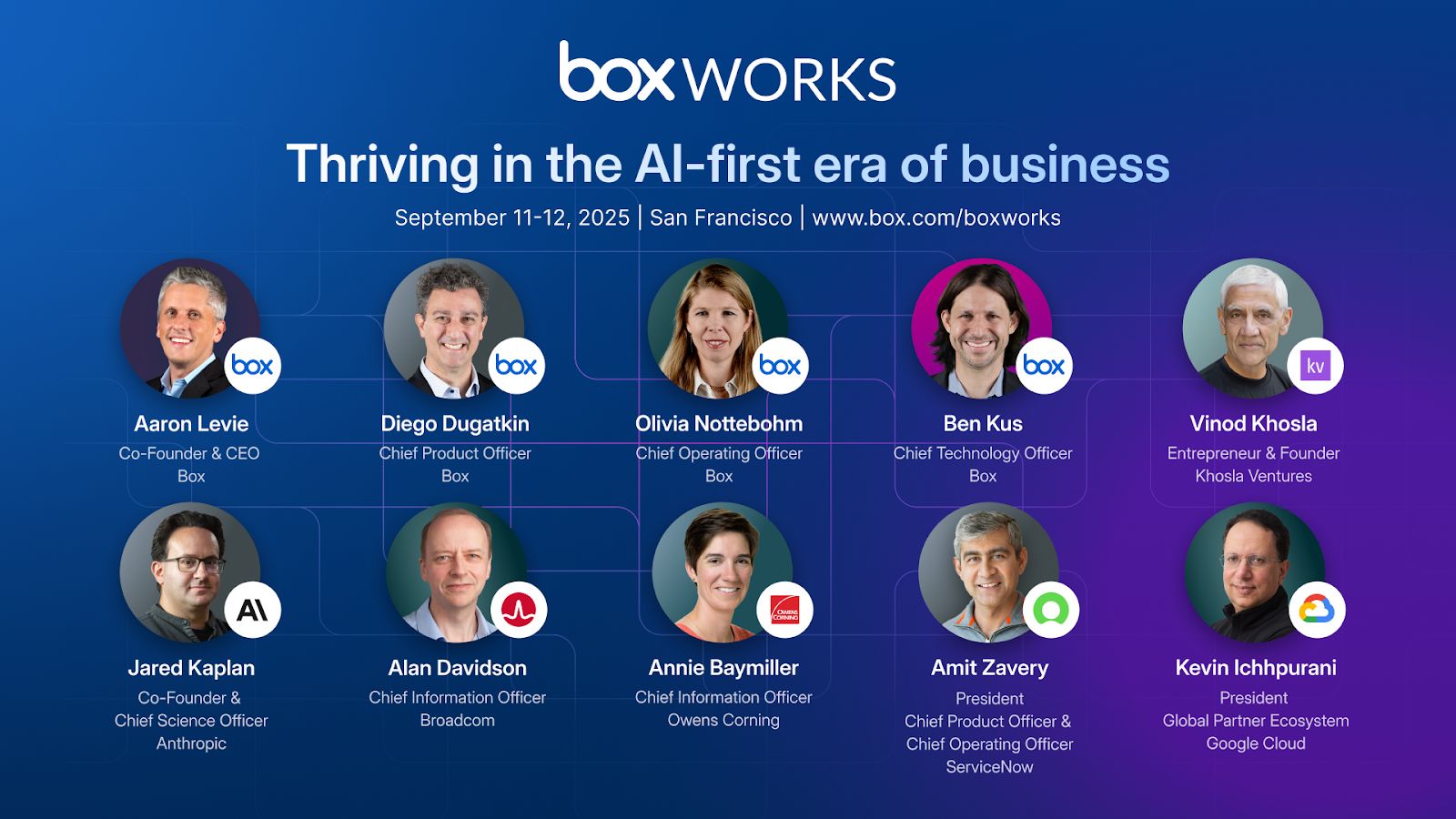Good morning, {{ first_name | AI enthusiasts }}. There’s no shortage of impressive image models on the market — but teaching AI to precisely edit without ruining the original output has been the real challenge.
But, with Alibaba’s new (and open-source!) Qwen-Image-Edit crushing benchmarks and the mysterious 'nano-banana' model lighting up LM Arena, it looks like natural language photo editing is about to have its ChatGPT moment.
In today’s AI rundown:
Qwen’s powerful, new image editing model
Grammarly’s new AI agents for writing
Use Perplexity Comet to save time on social media
Game developers embrace AI at a massive scale
4 new AI tools, community workflows, and more
LATEST DEVELOPMENTS
ALIBABA

Image source: Qwen
The Rundown: Alibaba's Qwen team just dropped Qwen-Image-Edit, a 20B parameter open-source image editing model that tackles both pixel-perfect edits and style transformations while keeping the original characters and objects intact.
The details:
Qwen-Image-Edit splits editing into two tracks: changes like rotating objects or style transfers, and edits to specific areas while keeping everything else intact.
Built-in bilingual capabilities let users modify Chinese and English text directly in images without breaking already present fonts, sizes, or formatting choices.
Multiple edits can stack on top of each other, letting users fix complex images piece by piece rather than starting over each time.
The model achieves SOTA performance across a series of image and editing benchmarks, beating out rivals like Seedream, GPT Image, and FLUX.
Why it matters: Image generation has seen a parabolic rise in capabilities, but the first strong AI editing tools are just starting to emerge. With Qwen’s open-sourcing of Image-Edit and the hyped “nano-banana” model currently making waves in LM Arena, it looks like granular, natural language editing powers are about to be solved.
TOGETHER WITH AUGMENT CODE
The Rundown Augment Code's powerful AI coding agent meets professional software developers exactly where they are, delivering production-grade features and deep context into even the gnarliest codebases.
With Augment Code, you can:
Keep using VS Code, JetBrains, Android Studio, or even Vim
Index and navigate millions of lines of code
Get instant answers about any part of your codebase
Build with the AI agent that gets you, your team, and your code
GRAMMARLY

Image source: …
The Rundown: Grammarly just released eight new AI agents that act as intelligent writing collaborators, automatically assisting both students and professionals across tasks like citations, grading, proofreading, plagiarism detection, and more.
The details:
Agents include Reader Reactions, which predicts confusion a reader may have, and AI Grader for giving feedback and grades based on rubrics/course info.
A Plagiarism Checker agent queries databases and published works to cross-reference writing, and an AI Detector agent grades writing on how human it is.
All agents operate within Grammarly Docs, a new “AI-native writing surface” that provides targeted assistance throughout the writing process.
The agents are rolling out to Grammarly’s Free and Pro tiers immediately, with the AI Detector agent and Plagiarism Checker only available to paid users.
Why it matters: The education system is scrambling to balance AI with genuine learning, while workplaces are moving to AI-first skillsets. Writing agents could help bridge that divide, giving users real skills alongside automated help to prepare for a world where knowing when and how to use AI matters more than avoiding it entirely.
AI TRAINING

The Rundown: In this tutorial, you will learn how to use Perplexity Comet, an AI browser that can read and summarize, to take action on any webpage content without copying and pasting — for everything from Twitter threads to YouTube videos.
Step-by-step:
Download Perplexity Comet as a separate app for Mac or Windows (Rundown University members can get invite codes)
Navigate to any Twitter/X thread or YouTube video and click the Assistant button in the top right
Prompt examples: "Summarize this thread," "Explain SaaS flipping in simple terms," or "Write a motivational post about having a great day"
Review AI-generated summaries or drafted posts before Comet posts them to your social accounts
Pro tip: Use Comet on long-form YouTube content like Lex Fridman podcasts to get key insights in minutes instead of hours, then ask follow-up questions to clarify technical concepts you don't understand.
PRESENTED BY BOX
The Rundown: BoxWorks 2025 will tackle the challenge every enterprise faces: how to extract real value from the massive amounts of unstructured data that’s often spread across systems. With new AI models emerging constantly, the opportunity to transform this chaos into a competitive advantage has never been greater.
What you'll experience at BoxWorks:
AI data extraction techniques that turn documents into actionable insights
Interactive sessions with Box's latest intelligent Content Management capabilities
AI-enhanced security protocols that protect sensitive data while enabling automation
Networking opportunities with industry experts solving similar challenges
Register now for BoxWorks San Francisco and save 50% on in-person passes.
AI RESEARCH

Image source: Google Cloud
The Rundown: Google Cloud revealed new research that found over 90% of game developers are integrating AI into their workflows, with respondents saying the tech has helped reduce repetitive tasks, drive innovation, and enhance player experiences.
The details:
A survey of 615 developers across five countries found teams using AI for everything from playtesting (47%) to code generation (44%).
AI agents are now handling content optimization, dynamic gameplay balancing, and procedural world generation, with 87% of devs actively deploying agents.
The rise of AI is also impacting player expectations, with users demanding smarter experiences and NPCs that learn and adapt to the player.
Despite the adoption, 63% of surveyed devs expressed concerns about data ownership rights with AI, with 35% citing data privacy as a primary issue.
Why it matters: Gaming sits at a perfect intersection for AI, requiring assets like real-time world simulation, 3D modeling, dynamic audio, and complex code that models excel at. While not everyone in the industry will be happy about it, the adoption rate shows a bet that players care more about great experiences than how they are made.
QUICK HITS
🎆 Qwen-Image-Edit - Qwen’s new image editing model
🎹 Eleven Music API - Integrate high-quality music into products & workflows
🤖 GenFlow 2.0 - Baidu’s general AI agent for complex tasks
⛈️ Stormy - AI agent for influencer marketing
ByteDance Seed introduced M3-Agent, a multimodal agent with long-term memory, to process visual and audio inputs in real-time to update and build its worldview.
Character AI CEO Karandeep Anand said the average user spends 80 minutes/day on the app talking with chatbots, saying most people will have “AI friends” in the future.
xAI’s Grok website is exposing AI personas’ system prompts, ranging from normal “homework helper” to “crazy conspiracist”, with some containing explicit instructions.
Nvidia released Nemotron Nano 2, tiny reasoning models ranging from 9B to 12B parameters, achieving strong results compared to similarly-sized models at 6x speed.
U.S. Attorney General Ken Paxton announced a probe into AI tools, including Meta and Character AI, focused on “deceptive trade practices” and misleading marketing.
Meta is set to launch “Hypernova” next month, a new line of smart glasses with a display (a “precursor to full-blown AR glasses), rumored to start at around $800.
COMMUNITY
Every newsletter, we showcase how a reader is using AI to work smarter, save time, or make life easier.
Today’s workflow comes from reader Bo H. in Cincinnati, Ohio:
"I'm a lawyer and fintech founder who is using AI to build legal tech applications. While I had some product management experience, I was not a developer. Anthropic's Claude has changed that, and now I'm building proprietary applications to deliver value to clients and improve my team's efficiency. Most of my applications are built for small businesses that usually can't afford to hire lawyers regularly and for highly regulated clients (e.g., asset managers) who are suffocated by BigLaw hourly rates of over $2,000/hr.”
How are you using AI? Tell us here.
Read our previous newsletter: Dinner with Sam Altman
Today’s AI tool guide: Use Perplexity Comet to save time on social media
Watch our last live workshop: Mastering AI agents for customer service
That's it for today!
See you soon,
Rowan, Joey, Zach, Shubham, and Jennifer—the humans behind The Rundown






